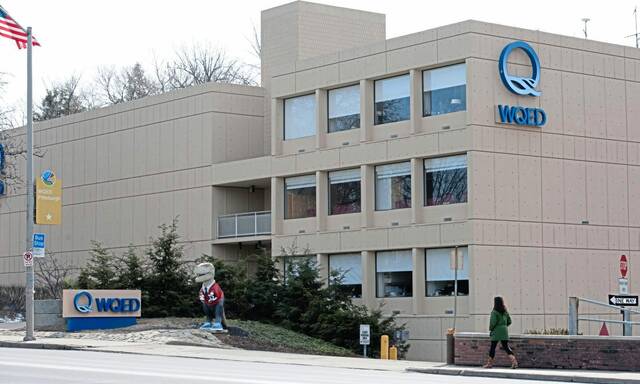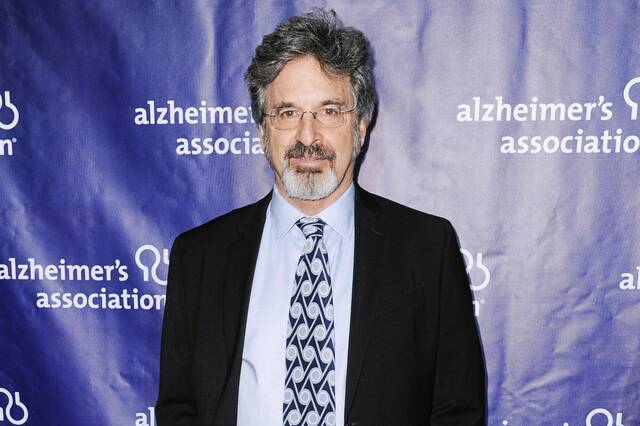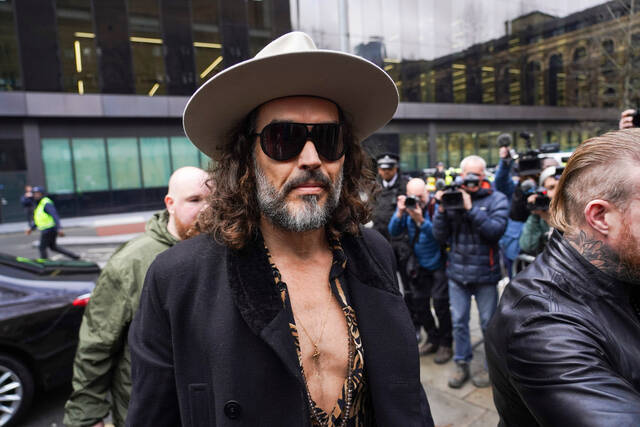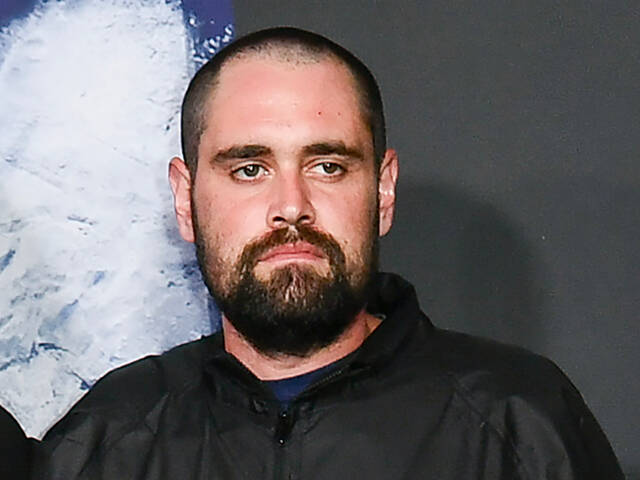After Congress voted last week to defund the Corporation for Public Broadcasting, PBS and NPR, Pittsburgh’s WQED Multimedia announced an open-to-the-public “State of the Station” webinar to address the resulting $1.8 million federal funding cut, about 11% of WQED’s annual funding for each fiscal year that begins Oct. 1, 2025, and Oct. 1, 2026.
During Monday evening’s one-hour webinar, WQED president Jason Jedlinski answered questions, including what impacts the federal cuts will have on what “viewers like you” see on PBS stations.
Jedlinski said he doesn’t yet know specific impacts on the PBS prime-time schedule, which includes “Masterpiece,” “NOVA” and “Antiques Roadshow.”
“It’s too soon to tell, and we at WQED don’t have direct control over that,” Jedlinski said, explaining how PBS programs are sourced from third parties, including PBS member stations like WNET in New York, WGBH in Boston and WETA in Washington, D.C. “We and our peers are waiting on those producing stations to inform PBS of their plans and what they will be able to continue creating.”
Jedlinski says if some smaller, mostly rural stations shutter and there are ultimately fewer public TV stations overall, there will be a domino effect, increasing the cost of programming for the stations that remain.
Jedlinski pointed to a graphic from WQED’s 2024 annual report that shows 18% of its funding ($2.9 million) came from “government grants,” which includes the 11% from CPB as well as other government sources of funding including from the U.S. Department of Education, National Endowment for the Arts and National Endowment for the Humanities.
“It’s likely we’ll see some of that non-CPB money (cut) as well,” he said. “Eleven percent is what was cut on Friday, but the full 18% is really at risk.”
Jedlinski cited viewer donations as the station’s largest source of revenue, noting that $2 donations given to get WQED off the ground in 1953 are about $24 today. If WQED can attract 60,000 new members who contribute at least $24 each, WQED could make up for the $1.8 million loss, though Jedlinski acknowledged that as a stretch goal, and even then it wouldn’t make up for those other non-CPB potential cuts or the collective efforts of CPB.
He noted, in particular, it’s unclear what will happen to licensing music for WQED-FM, something that was cleared nationally for public radio stations.
“Those music licenses were paid for by that congressional appropriation. It is done efficiently for more than 1,500 (radio) stations across the country,” Jedlinski said.
Jedlinski said WQED-TV recently signed new contracts for two of its digital subchannels, World (Channel 13.3) and Create (Channel 13.2), but he noted that World cannot afford the cost to clear content from independent filmmakers so new indie films will not be added to the channel’s lineup.
Jedlinski acknowledged foundation support for WQED has taken a hit in recent years. WQED’s audited financial statements show a drop from $1 million in 2023, the year Jedlinski arrived at WQED, to $400,000 in 2024.
“There are a lot of competing interests for foundation money, and we’re grateful to have many staunch backers when it comes to our (nontelevised) educational programs,” Jedlinski said. “But the documentary budgets, whether for national programs WQED used to create … or Rick Sebak local shows … has declined given other priorities for marketers among other types of media and more recently the defunding of many nonprofits in our community.”
But he said WQED will pursue more corporate sponsorships in an effort to find more support, like what the station got for its June “Steel Links” program.
Jedlinski again discussed the need for the station to broaden beyond broadcast TV to platform content “created with our neighbors” and not just by WQED employees.
“We need to branch out and do more and meet people where they’re at,” he said, citing not only online series like “Destination With Natalie Bencivenga” and this week’s debut of “Showdown,” but also several recent in-person events that allowed WQED to connect its programming to the community, including screenings followed by panel discussions.
Jedlinski re-emphasized a desire to move out of its current Oakland building and sell it to Carnegie Mellon University. CMU owns the land, which is leased to WQED until 2066, but WQED owns the building. WQED uses only 20,000 of the building’s 80,000 square feet, leasing back the remainder to CMU.
“That would be the biggest shot in the arm if we came to terms with CMU for them to buy the building from us,” he said, noting the cost to maintain the aging, Brutalist-style structure. “CMU doesn’t have that many places to expand, so if any of you have the ear of the powers that be there, reinforce that it would be good for (CMU) and the community.”
Following the webinar, Jedlinski said the only changes to PBS programming announced so far include a more spread-out release schedule for episodes of upcoming PBS Kids series “Weather Hunters,” debuting Sept. 7, and a delay in the premiere of PBS Kids’ “Phoebe and Jay.”
As for whether the loss of federal funds will require WQED to lay off more personnel, as it did in May when WQED shuttered its Creator Academy program, Jedlinski was noncommittal.
“Public media organizations across the country, including WQED, are focused on sustainability and community service while we assess the full impact of the federal cuts,” he wrote in an email. “That’s our priority, and it would be premature to speculate beyond that.”
More ‘Tracker’ cuts
When CBS’s “Tracker” returns for its third season (8 p.m. Oct. 19, KDKA-TV), the show will be down two more series regulars, as Eric Graise, who played hacker Bobby Exley, and Abby McEnany, who played Colton’s handler Velma, have exited the series. TVLine.com didn’t report the reason, but my guess would be more budget cutting is to blame.
Channel surfing
Filming on season four of Apple TV+’s “Ted Lasso” has begun in Kansas City and will later shift to London as Ted (Jason Sudeikis) returns to Richmond to coach a second division women’s soccer team. Original series cast members Sudeikis, Hannah Waddingham, Juno Temple, Brett Goldstein, Brendan Hunt and Jeremy Swift return for the new season. … Paramount+ canceled “Happy Face” after a single season. … All 10 episodes of season 13 of “Futurama” debut Sept. 13 on Hulu.











